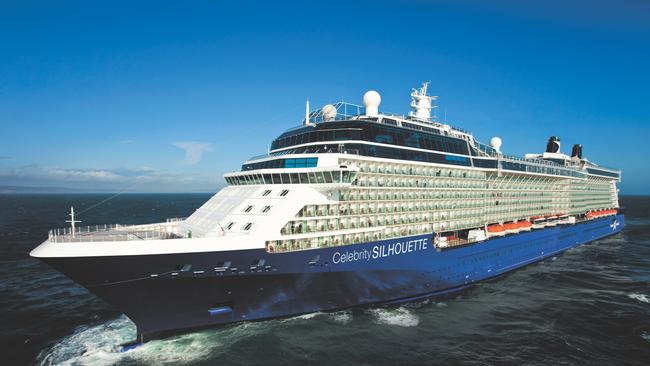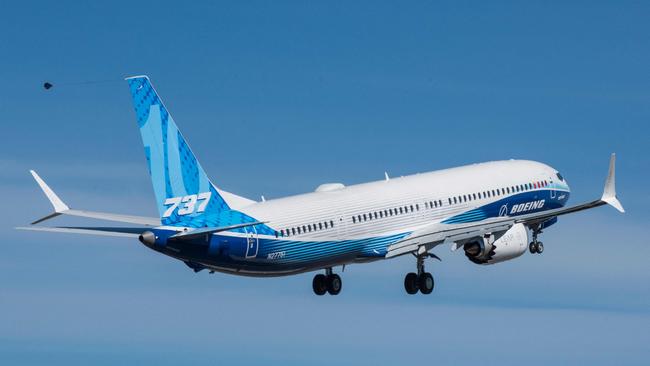Holiday cancellation credits could sail away in tourism squeeze
What is going to happen to the money you have left with a travel agent for holidays now postponed or cancelled?

Business
Don't miss out on the headlines from Business. Followed categories will be added to My News.
What is going to happen to the money you have left with a travel agent for holidays now postponed or cancelled?
With at least $7bn in refunds and credits already racked up by the industry, the latest lockdowns are going to leave more Australians worried about money they have tied up in the travel trade.
In short, the worse it gets, the less likely you are to be fully compensated for the funds you have spent on holidays. A new Choice consumer survey says that less than a fifth of holiday-makers are getting fully compensated in cash. The consumer group claimed “cancellation chaos” had hit the local travel sector raising the need for a review of how the broader system is working.
As the possibility of cash refunds wane and the validity of credits become crucial, airlines and hotels are still imposing time limits on using credits.
Now consumer groups and the Australian Federation of Travel Agents are backing a push for time limits to be removed on travel credits. “The system is under strain because we are facing an avalanche of claims,” says Tom Manwaring, chair of AFTA, who says an open-ended credit system now needs to be examined.
The push for open-ended credits comes as the travel sector goes backwards with renewed NSW restrictions and the further postponement of trans-Tasman travel plans along with the Singapore bubble.
Bookings are down 90 per cent this year and AFTA says 15,000 jobs have already been lost from the travel trade: “We are now calling for fresh financial support for our sector. You have to have people remain in their jobs with the necessary skills to keep the system working otherwise the refund and credits system will be a hell of a mess,” Manwaring says.
Consumers and travel agents are fighting an uphill battle. Prior to Covid closures, about 90 per cent of all travel bookings went ahead and about 10 per cent fell through, resulting in refunds or credits. Now the ratio is reversed.

Travel agents are claiming “piggy in the middle” status during the chaos, pointing to the big suppliers – airlines, cruise lines and hotels – as the keepers of tourist funds when holidays are postponed. The refund status of existing tickets is often unsure because consumer rights depend on the terms and conditions often laid down by companies operating overseas.
Worse still, AFTA said this week that “some countries have placed rules on end suppliers not allowing refunds to leave their country”.
Separately, consumer claims are continually hitting the reality that travel cancellations “due to government restrictions” mean that the current crisis invalidates consumer guarantees.
Politically, both consumers and travel agents representing them may have little leverage. The absence of the $54bn total spent on a typical year by Australians overseas has now resulted in a spike in the travel surplus favourable to Australia. In other words we spend much more overseas than overseas tourists spend here each year.
Economist Saul Eslake has estimated that in the year to March, Australia had a net gain of $22.5bn through Australians staying at home.
On the sharemarket the crisis is also clearly reflected in trading activity, with two of the top three most shorted stocks on the ASX from the travel sector – Webjet and Flight Centre (online retailer Kogan is first).
Qantas – at $4.73, the biggest player in the sector – has rebounded with the wider market over the last year but remains well below pre-Covid highs above $7.
Two regulators look over the industry – the Australian Competition and Consumer Commission and the Office of Fair Trading – but there is no single agent in charge such as a travel industry ombudsman. Calls for the creation of a travel ombudsman have been rejected by the AFTA.
More Coverage
Originally published as Holiday cancellation credits could sail away in tourism squeeze





